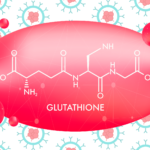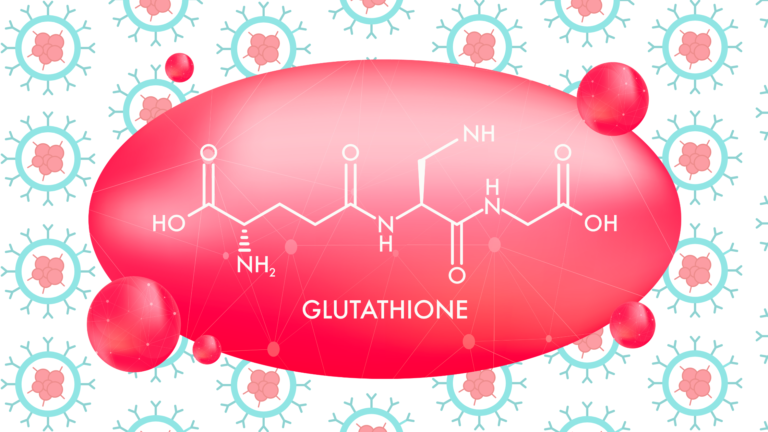
Berdi
urinary Track Health
Have you ever wondered if a small, citrusy gem could hold the key to a healthier you? Enter the world of citrus bergamot, a delightful fruit with a punch of benefits that go beyond its zesty flavour. Nestled in the sunny groves of Southern Italy, this little wonder isn’t just about adding flair to your tea – it’s a game-changer for your well-being. From giving your heart a high-five by tackling cholesterol to being your trusty sidekick against stress with its antioxidant charm, the health benefits of citrus bergamot can not be undermined. But that’s not all – it’s a metabolic maestro, an immune system cheerleader, and a brain-boosting buddy.
So, buckle up as we take a juicy ride through the benefits of citrus bergamot that make it a wellness superstar. Get ready to squeeze the most out of life with the benefits of citrus bergamot – your health’s new zestful companion!
Citrus bergamot, scientifically known as Citrus bergamia, is a unique citrus fruit primarily cultivated in the Calabria region of Italy. While it is well-known for its aromatic essential oil used in the fragrance industry, the potential health benefits of citrus bergamot have gained attention, particularly in relation to cardiovascular health.
The nutritional profile of citrus bergamot includes various bioactive compounds that contribute to its health-promoting properties. Some key components include:
The following are the most prominent benefits of citrus bergamot.
Citrus bergamot has been associated with several potential heart health benefits, largely attributed to its rich content of flavonoids and other bioactive compounds. Here are some of the key heart health benefits of citrus bergamot:
It’s important to note that while these findings are promising, more extensive research is needed to fully understand the mechanisms and establish the long-term effectiveness and safety of citrus bergamot for heart health. Individuals with existing heart conditions or those considering citrus bergamot supplementation should consult with healthcare professionals for personalised advice.

The potential role of citrus bergamot in blood sugar regulation is associated with its bioactive compounds, particularly flavonoids, which may influence various pathways involved in glucose metabolism. While research on this topic is still in its early stages, there are a few proposed mechanisms:
It’s important to note that while these mechanisms are proposed based on preclinical and limited clinical studies, more research is needed to establish the specific pathways and understand the long-term effects of citrus bergamot on blood sugar regulation. Individuals considering the use of citrus bergamot supplements for blood sugar management should consult with healthcare professionals for personalised advice.

Like most of the benefits of citrus bergamot, the weight management benefit is also associated with its bioactive compounds, particularly flavonoids, which may impact various metabolic processes. Here are some mechanisms through which citrus bergamot may contribute to weight management:

Citrus bergamot, with its rich array of bioactive compounds, offers several potential benefits for the skin. Its natural properties make it a valuable addition to skincare routines. The high content of flavonoids and polyphenols in citrus bergamot provides potent antioxidant effects, helping to protect the skin from oxidative stress caused by free radicals. These antioxidants contribute to a youthful complexion by supporting collagen production and combating signs of ageing, such as wrinkles and fine lines.
Furthermore, the anti-inflammatory properties of citrus bergamot may soothe irritated skin and assist in managing conditions like acne or redness. Its refreshing and uplifting aroma also makes it a popular choice in aromatherapy, promoting relaxation and reducing stress, which can indirectly benefit skin health. Incorporating citrus bergamot into skincare formulations or using bergamot-infused products promotes overall skin well-being, contributing to a radiant and revitalised appearance.

Adding Citrus Bergamot to your routine can be done through dietary sources or supplements. Understanding the options and incorporating them wisely ensures maximum benefits.
You can get an adequate amount of citrus bergamot extract and reap all its potential benefits through the Route2Health Citrus Bergamot Extract. This ultra-potent extract is a fruit chock-full of antioxidants, flavonoids, and other natural polyphenols that support cardiovascular and metabolic health. These antioxidants help protect your body from free radicals and support a healthy immune system, making it a perfect addition to your healthy routine.
While they share the name “bergamot,” they are different. Citrus Bergamot is a distinct citrus fruit with unique health benefits, whereas the bergamot orange in Earl Grey tea is primarily used for its flavour.
Consuming Citrus Bergamot in its whole fruit form can provide some benefits, but to experience its full potential, supplementation in the form of extracts or supplements may be necessary.
While generally considered safe, some individuals may experience mild side effects such as gastrointestinal discomfort. It’s advisable to consult with a healthcare professional before starting any new supplement regimen.
The timeline for experiencing benefits can vary among individuals. Some may notice changes sooner, while others may require more time. Consistent use and adherence to recommended dosages are key.
Citrus Bergamot can be a supportive element in a weight loss journey, but it’s essential to combine it with a balanced diet and regular exercise for effective and sustainable results.











©2023 Route2Health®️
NTN: 2229383
AN ASSOCIATED COMPANY OF HIGHNOON LABORATORIES
STRN: 0301999937728

WhatsApp us
